The world does not revolve around United States of America. The sooner American businessmen realize this, the sooner they can adapt and accept the fact that the grass is not always looks greener (or as green as their own backyard) on the other side. U.S. companies have been complaining about multiple barriers in doing business in China for as long as one can remember.
American capitalists, on their voyage to China exploring more wealth and fortune, have been hit by so-called corporate culture shock since decades ago. Amusingly, until today, American companies still struggle to adapt to the strange ways of doing business in the Middle Kingdom. Majority of them still hadn’t a clue that a man’s meat is another man’s poison.
The Americans, believing that the world must be revolving around their nation since the U.S. is the military and economic superpower, would most often than not find that the Chinese way of doing business is unacceptable – even illegal, unethical and should be condemned. And they would run back home crying, whining and bitching to their president about the unfair competition on Chinese soil.
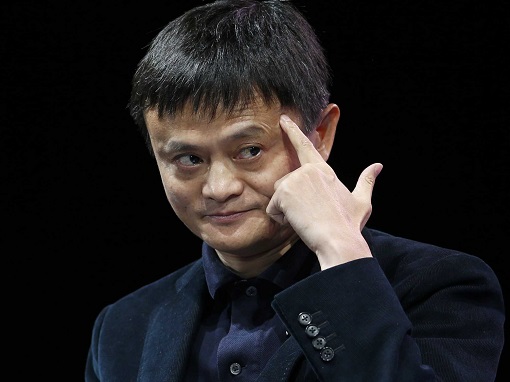
For American companies who complain about China, Jack Ma has offered his advice – “Stop whining!” The founder of Alibaba Group Holding Ltd. said those who struggle might have taken the wrong approach. Speaking at the World Internet Conference in Wuzhen, China, Mr. Ma said to the audience – “I gave advice to Jeff Bezos 10 years ago.”
Of course, the billionaire was referring to the founder and CEO of Amazon.com. Jack Ma revealed why Amazon.com didn’t succeed in China, as he exposed his conversation with Jeff Bezos – “Please send people with entrepreneurial spirit, not professional management. Because wherever you go, doing business in another country is very difficult.” Apparently, Mr. Bezos refused to listen.
While Amazon dominates and monopolizes e-commerce in the U.S., the American corporation is just an underdog in China. In defending China against complaints filed by foreign competitors, Jack Ma explained that doing business in China isn’t a sprint but a marathon. Foreign companies need to make commitment and investment, something which would take years and tons of money.
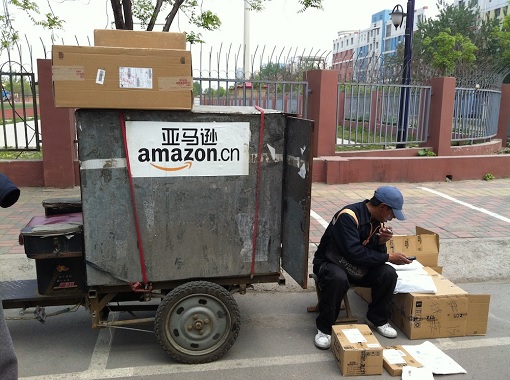
Speaking against the perception that U.S. companies can’t succeed in China, Jack Ma flashed Microsoft Corp. and Coca-Cola Co. as proof that American businesses can actually make money and thrive on Chinese soil. On the contrary, he issued his challenge – “Give me 5 examples of Chinese companies that succeed in America, or Asian companies that succeed in America.”
Starbucks just launched its biggest coffee store in the world in Shanghai yesterday. Starbucks is a classic example where American companies can establish genuine businesses in China as long as they put in commitment and investment. The key to success, as demonstrated by Starbucks, are this – knows the Chinese culture and gains their trust.
After its presence in China for more than 18 years, Starbucks now has more than 3,000 stores across 136 cities – over 600 stores in Shanghai alone. In fact, China is Starbucks fastest growing market with a new store opening every 15 hours. Starbucks actually offers housing allowances, health care benefits and even critical illness insurance for parents of its more than 10,000 Chinese staffs.
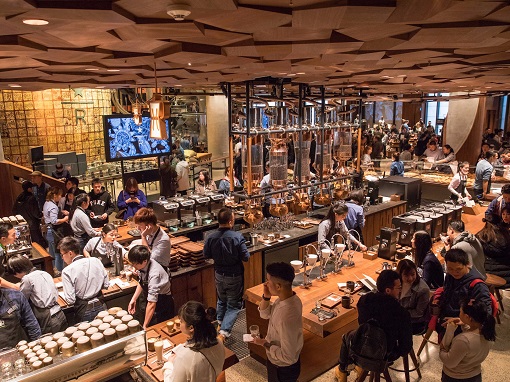
It’s not a coincidence that American-based Starbucks chose Shanghai to open its first Starbucks Reserve Roastery outside the U.S., and only second Reserve Roastery to date. Although there’s a plan for similar megastore in Milan and New York (2018) and Tokyo and Chicago (2019), none of those cities could compete with Shanghai.
There were also tons of complaints about American companies being forced to comply with China’s new cyberspace law. On this matter, Jack Ma simply said foreign firms must be prepared to abide by China’s laws and not expect quick success. “When you determine to come, prepare for it. Follow the rules and laws and spend 10 years. This is not a market that you can come and go.”
True, China’s Internet restrictions are legendary and even ridiculous but hey, this is a communist nation we’re talking about. What do the U.S. companies expect when doing business with the Chinese Communist Party? Do they expect to get special privileges, as if they’re on American soil? When democracy clashes with communism, a corporate culture shock is bound to happen.
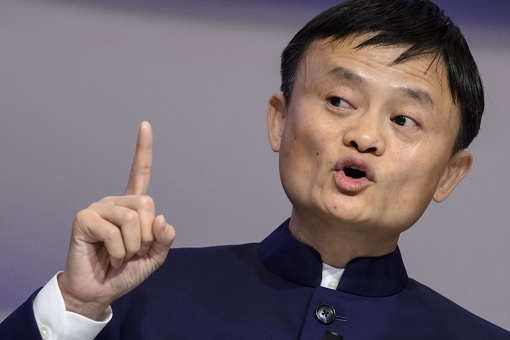
But can you put the blame squarely on the Chinese government when even Apple Chief Executive Tim Cook supports and even complies with China’s cyber-security law? At the same conference, the Apple boss said – “We are proud to have worked alongside many of our partners in China to help build a community that will join a common future in cyberspace.”
In actuality, overseas Chinese such as those from Singapore and Malaysia faced the same challenges as the Americans in China. So, if even the overseas Chinese are not guaranteed of success in mainland China, what more do Americans who obviously were clueless about Chinese corporate culture? To be fair, the U.S. practices economic protectionism too.
According to Global Trade Alert the US has adopted over 1,000 protectionist measures since the Global Economic Crisis in 2008, more than any other country since. In fact, protectionism was America’s de facto policy from the passage of the Tariff of 1816 to World War II, “switching to free trade only in 1945”, when most of its industrial competitors had been wiped out by the war.
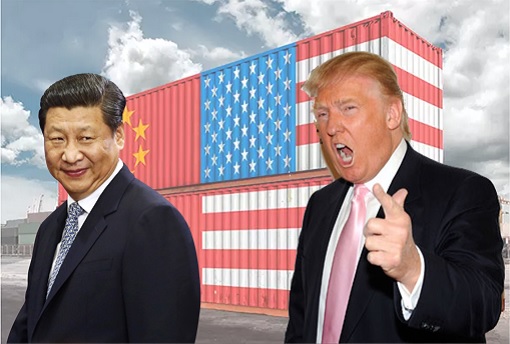
In a way, China is just following the same path which the United States had taken. Guess what – President Theodore Roosevelt believed that America’s economic growth was due to the protective tariffs, which helped her industrialize. That’s precisely what the Chinese are doing now. Of course, if President Donald Trump lives in the 1900s today, he won’t be saying trades with foreign countries are unfair.
Other Articles That May Interest You …
- Starbucks Attacks Shanghai With World’s Biggest Coffee Mall – It’s HUGE (Photos) …
- Robert Kuok – How Chinese Become Amazing Economic Ants Despite Poverty & Discrimination
- Challenging The US Dollar – Soon, China Will Buy Saudi’s Oil Only In Yuan
- China’s New Cybersecurity Law Effective Today – What Does It Mean To You
- China Invasion – Top 10 American Iconic Brands Now Owned By Chinese
- Beijing Sends Jack Ma To Befriends Donald Trump, Offering 1-Million Jobs
- Globalism & Capitalism Not Working – 0.7% Rich Population Control US$116.6 Trillion

|
|
December 7th, 2017 by financetwitter
|


|

|

|

|

|

|




























Comments
Add your comment now.
Leave a Reply